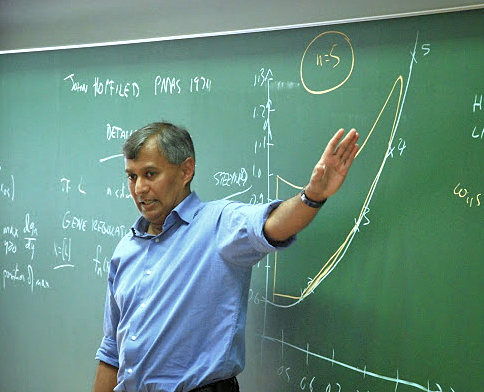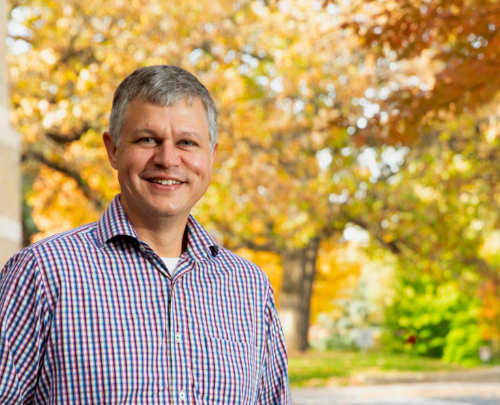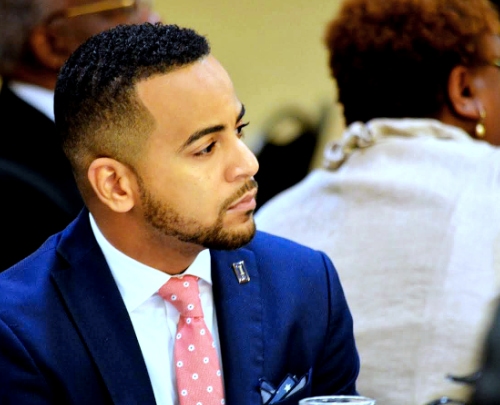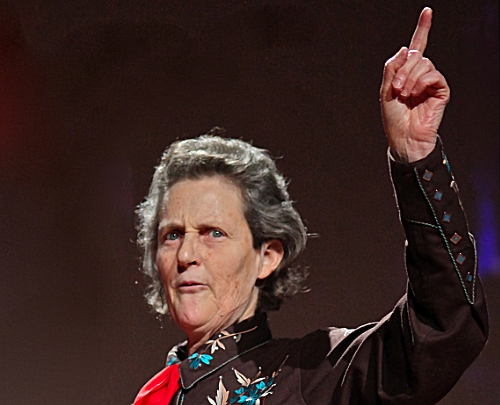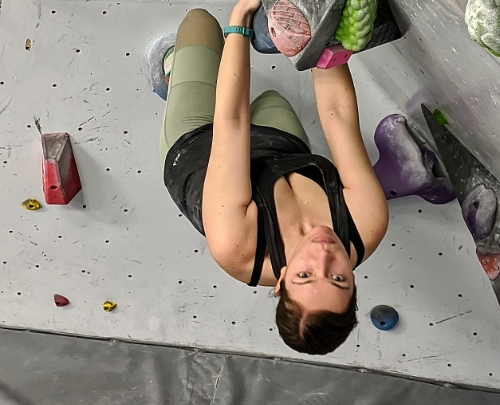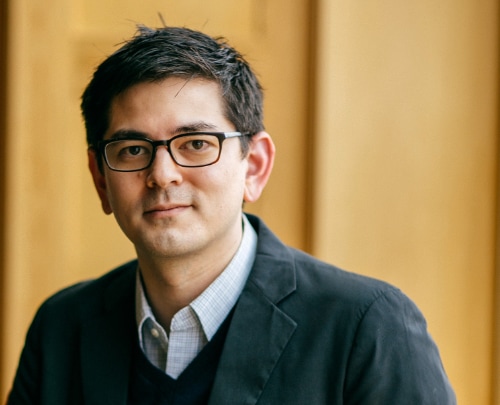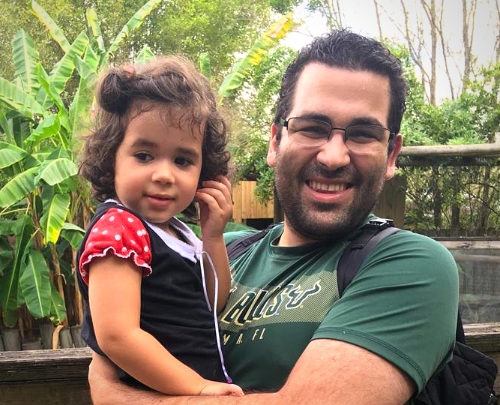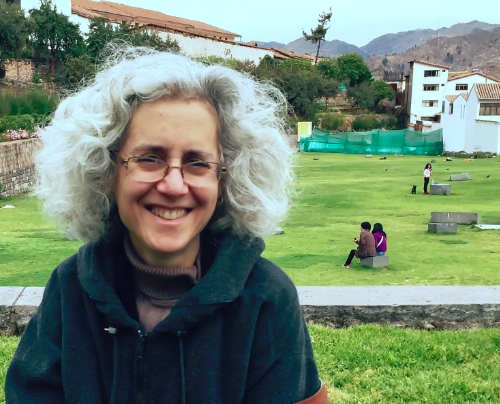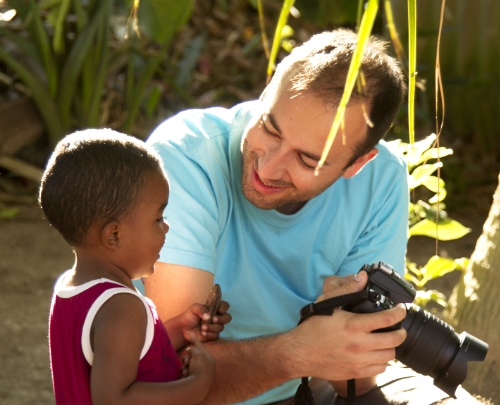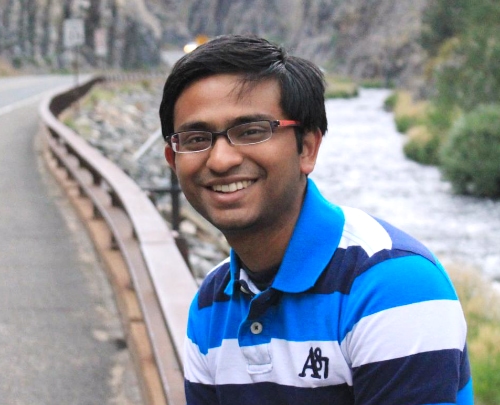17
Mar 2020
Can even a single-celled organism truly learn? In Episode 70, Jeremy Gunawardena with the Department of Systems Biology at Harvard Medical School talks with us about his replication of an experiment originally conducted over a century ago, which suggested that at least one single-cell organism - t......
3
Mar 2020
Why Velcro 3D glasses onto cuttlefish? In Episode 69, Trevor Wardill from the Department of Ecology, Evolution and Behavior at the University of Minnesota discusses his research into the previously unknown ability of the cephalopod to see in stereo vision. His article, “Cuttlefish use stereopsis t...
18
Feb 2020
What factors best predict success at college among youth formerly in foster care? In Episode 68, Royel Johnson from Pennsylvania State University's Department of Education Policy Studies discusses systematic literature review of research on the college success of this historically underserved popu...
4
Feb 2020
How can research improve the lives of livestock, even as they're on their way to slaughter? In episode 67, Temple Grandin from the Colorado State University's College of Agricultural Sciences talks with us about her work on promoting improved communications between academic researchers and those i......
21
Jan 2020
Did you catch that? In episode 66, Katherine Wood from the University of Illinois discusses her research with the scientist behind the famous “Invisible Gorilla” experiments, Daniel Simons, into if and when people notice unexpected objects in inattentional blindness tasks. She discusses her and Si...
7
Jan 2020
Can your doctor's beliefs about the efficacy of a treatment affect how you experience pain? In episode 65, we’re joined by Luke Chang from the Department of Psychological & Brain Sciences at Dartmouth College. He talks with us about his research into socially transmitted placebo effects, throu...
10
Dec 2019
The global decline of births from 1990 and 2015 has to a reduction in the proportion of people aged 15-29. So might this explain why the world’s homicide rate has dropped by nearly 20%? In episode 64, we’re joined by Mateus Rennó Santos from the University of South Florida. He talks with us about ...
26
Nov 2019
Why are bold, broad, and terse depictions of science perceived as more important, robust and generalizable than nuanced ones? In episode 63, we're joined by Susan Gelman from the University of Michigan, who talks with us about her research into the use of generic language in scientific papers. Her......
12
Nov 2019
Sure, you might have a tongue piercing. But would you consider something far more extreme for a bump on the social ladder? In episode 62, we're joined by Dimitris Xygalatas from the University of Connecticut, who talks with us about how extravagant and painful rituals can foster greater subjective......
29
Oct 2019
How can what engineers learn from how barn owls pinpoint the location of the faintest sounds apply to their development of nanotechnologies capable of doing even better? In episode 61, we're joined by Saptarshi Das, a nano-engineer from Penn State University, who talks with us about his open-acces......

